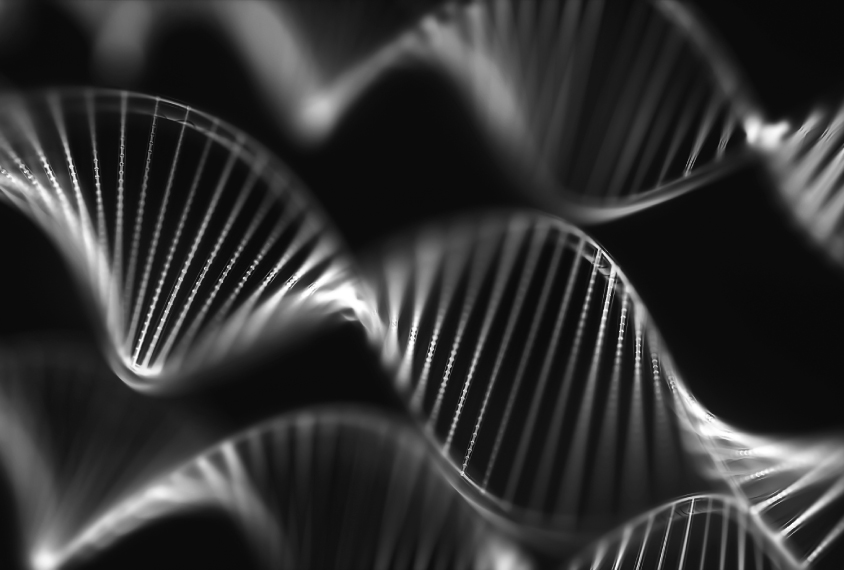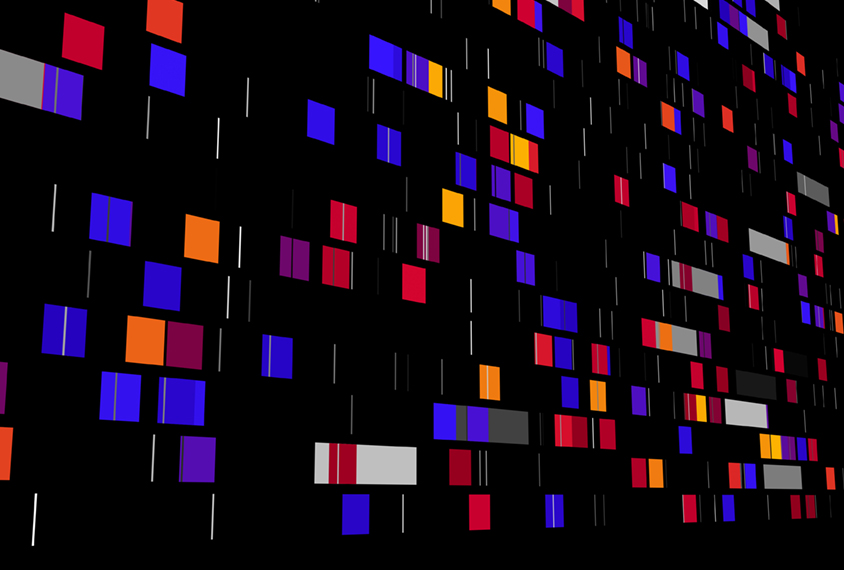ASHG 2020
Recent articles
Analysis combining variants, conditions uncovers hundreds of neurodevelopmental genes
The first genetic analysis of multiple types of variants from people with autism or other neurodevelopmental conditions reveals hundreds of genes that may be linked to neurodevelopment.

Analysis combining variants, conditions uncovers hundreds of neurodevelopmental genes
The first genetic analysis of multiple types of variants from people with autism or other neurodevelopmental conditions reveals hundreds of genes that may be linked to neurodevelopment.
Reactions from ASHG 2020
Get the inside scoop from the 2020 American Society of Human Genetics annual meeting.

Reactions from ASHG 2020
Get the inside scoop from the 2020 American Society of Human Genetics annual meeting.
First analysis of African autism cohort reveals millions of new variants
Genome sequences from a research cohort of autistic African children and their families have revealed more than 4 million novel variants, some of which occur in genes not previously linked to the condition.

First analysis of African autism cohort reveals millions of new variants
Genome sequences from a research cohort of autistic African children and their families have revealed more than 4 million novel variants, some of which occur in genes not previously linked to the condition.
Parental age plays small role in large mutations tied to autism
Most of the large, spontaneous genetic mutations tied to autism are passed down from fathers. But, unlike with smaller mutations, a parent's age is unlikely to up the rate at which they occur.

Parental age plays small role in large mutations tied to autism
Most of the large, spontaneous genetic mutations tied to autism are passed down from fathers. But, unlike with smaller mutations, a parent's age is unlikely to up the rate at which they occur.
Explore more from The Transmitter
Neuro’s ark: Spying on the secret sensory world of ticks
Carola Städele, a self-proclaimed “tick magnet,” studies the arachnids’ sensory neurobiology—in other words, how these tiny parasites zero in on their next meal.

Neuro’s ark: Spying on the secret sensory world of ticks
Carola Städele, a self-proclaimed “tick magnet,” studies the arachnids’ sensory neurobiology—in other words, how these tiny parasites zero in on their next meal.
Autism in old age, and more
Here is a roundup of autism-related news and research spotted around the web for the week of 2 March.

Autism in old age, and more
Here is a roundup of autism-related news and research spotted around the web for the week of 2 March.
Lack of reviewers threatens robustness of neuroscience literature
Simple math suggests that small groups of scientists can significantly bias peer review.

Lack of reviewers threatens robustness of neuroscience literature
Simple math suggests that small groups of scientists can significantly bias peer review.